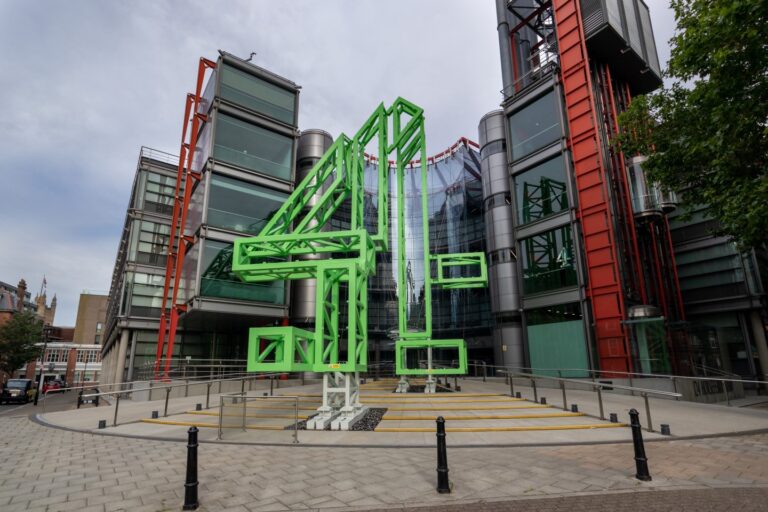WEED-KILLER COMPANY SETTLES U.S.A. DAMAGES CLAIM
Here in the European Union, the weed-killer Atrazine has been banned from use since 2004 because it gets into groundwater systems and persists there for a long time. There is evidence linking it to birth defects, cancer and organ damage, although this is hotly disputed by Syngenta, the manufacturer.
The European Commission decided to adopt a precautionary approach and required farmers to move on to other herbicides. Not so in the USA, where millions of tonnes of Atrazine are still used annually. Syngenta argues that its use benefits farmers to the tune of $3.3 billion dollars per year by increasing crop yields.
However, water companies in 6 States of the USA are less happy about the widespread use of Atrazine, arguing that it has contaminated their water resources, causing them major expense to remove it from drinking water, and 8 years ago they started a law suit against Syngenta. Last week that suit was settled on an agreement by Atrazine’s manufacturer to pay $105 million in damages.
The litigation originated in St. Louis where Atrazine was found to be in the water. It was argued that Syngenta should pay for the continued monitoring and testing of the water as well as for the ongoing installation, operation and maintenance of expensive filters to get rid of the pesticide.
Soon the case expanded to include the 6 states, with as many as 2000 communities in a position to join the battle against Syngenta.
Syngenta have adamantly maintained that the herbicide is safe and that nobody has suffered a “legally cognizable injury”. However, they say the case has incurred such great expense and disruption (apparently even requiring them to lay off staff) that they have settled so as to end the inconvenience, cost and distraction of fighting the case.
The agreement of $105 million must still be approved by the court. If it is, any water system in the USA that has ever detected Atrazine in its raw or finished water (in the past or the 90 days after court approval) will be entitled to a share of the fund. Despite Syngenta’s denial of liability, the implications of this settlement are likely to receive attention worldwide.










